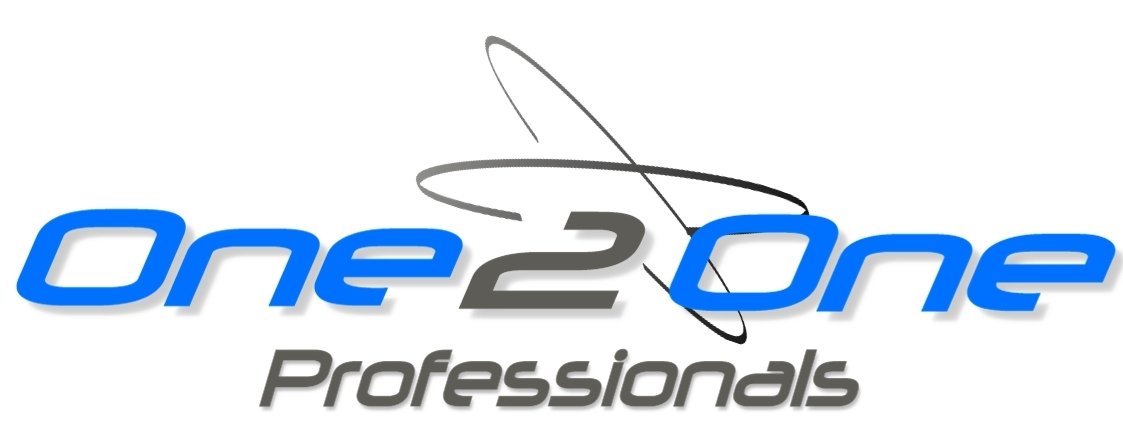 The first 3 months in a job is the pivotal period that establishes where your career goes with this organisation.
The first 3 months in a job is the pivotal period that establishes where your career goes with this organisation.
Honeymoon Period
The initial euphoria won’t last forever, use this time wisely to establish your rules of engagement or mandate.
Again this is the period when you have the most influence and will probably be in similarity mode, and so will they. So this is when you can set the agenda: mark the territory, establish the ground rules (open door/closed door, when to interrupt and not, how you manage meetings etc). Once these are established they become embedded. People adapt to new situations, but to do it 6-9 months down the line is much harder, if at all achievable.
Fresh Eyes
See the opportunities that have been lost or are unseen, as the organisation will have done things this way forever; early quick wins boost your career.
“Oh they’ve always done it like that round her
e”. Bear in mind that cultures are dynamic and people can be rigid.
A culture within an organisation can transform very quickly, or can be gradual taking several years, how you approach making improvements will be balanced by how the ability of the organisation can adapt Quite often there are ways of doing things that seem odd, bizarre or sloppy, and a few simple measures can make a big difference i.e. 20% effort will get rid of 80% of the problem.
The way to make chances is to identify the actors or stakeholders that would be threatened by the change and get their engagement to achieve a successful outcome, however be sure that you have the permissions and the authority, both tacit and explicit
Apply your skills effectively
Be focused in where you apply your energy that enhances your career and not into distractions.
Working on a lost cause is a waste of time and energy, if this occurs reflect on why you would allow this to happen, it maybe that you are doing the wrong thing for the right reasons, understand the motivation and look for the behaviors. Sometimes they may be weird and convoluted but to carry on is taking you away from the career and your strategic aims, is that worthwhile?
Provide solutions to problems
Is something is bothering you? Find out what the solution is, everyone is employed to fix problems.
How to annoy your boss, go to them with a problem and expect them to sort it out. Would it not be better to say, “I found that this system doesn’t work properly and that if I do this it works better, would you mind if we made it a permanent change?” How can they refuse? You look good they look good and come appraisal time you can say: “I achieved this and that and also did this, now can we talk about an increase?” again how can they refuse?
Culture shock
Often the change from one organisation to another can be traumatic, new rules, faces and approaches, how do you respond?
Fit in or remain outside, you really don’t have a choice; you have to acclimatise to the new culture, however it must be congruent with your values and beliefs. The only time you don’t have to fit is when you own the business, no business is a democracy or you have a specific mandate, i.e. re-define the culture as a new leader or change agent.
Sometimes things are not as we thought they would be, it’s a bit late for surprises like this and a thorough preparation for the interview would have surfaced these concerns.
Ask: what did I not do that I should have done? Why did I allow that to happen?
Climate for change
Organisations can be risk averse or risk taking, naturally the right approach will get results, what is the most appropriate for you and the organisation.
Some organisations thrive on diversity always changing things and are vibrant and dynamic, and sometime do not achieve anything. Others are bureaucratic and rigid with tight procedures and systems that limit flexibility, they also tie things up in red-tape.
Somewhere in the middle is a nice balance of safety and security but also allow risk taking with a no-blame culture, i.e., we don’t make mistakes we make sub-optimal decisions and learn from them. The language used in these organisations demonstrates their ability to be tolerant and forgiving. If you and I are used in conversations it implies an adversarial culture, a more collaborative approach would talk in the term of we and us i.e. a team orientated approach.
This may or may not suit you, so have a think about what are your abilities to be tolerant and forgiving or authoritative and delineated, then which company is more suited to you.




